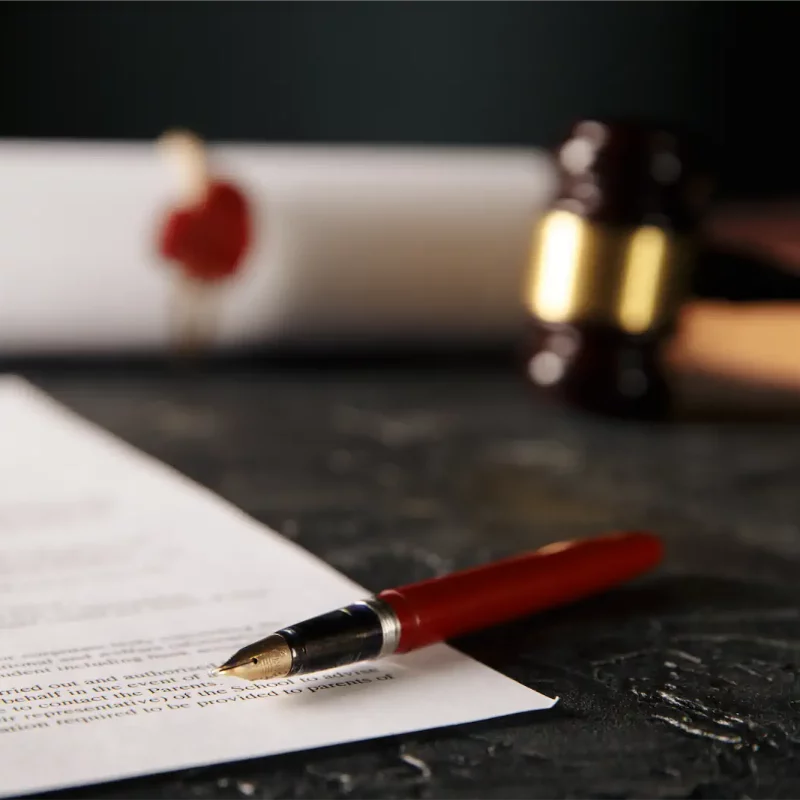Simple Wills/POA
Many people find the process of estate planning or creating a will to be a tedious and less-than-enjoyable experience.
It is, nonetheless, an important part of your life.
At Zant Law Firm P.C., our goal is to make creating a will a pleasant and hassle-free process. We understand the delicate and emotional nature of estate planning, and we can help you create your will and establish certain elements therein with ease and confidence.
Creating a Simple Will
A will is a legal document that allows you to dictate who receives your property and assets when you die. The process of creating a will can also include creation of other specific elements of your estate plan, such as:
Establishing a trust
Naming an executor
Accounting for taxes that your beneficiaries may be responsible for.


What about Power of Attorney (POA)?
As you create your will, you can also name a power of attorney, or POA. This is someone that you trust to make decisions on your behalf or in your name. For example:
- An ordinary POA allows the person to generally act on your behalf if you become incapacitated.
- A POA with a healthcare directive is someone who makes medical decisions if you are incapable of doing so.
- A durable POA establishes specific rules for what your agent can and cannot do. This is most common in situations where a POA will have financial control.
Texas Requirements for Creating a Will
In the state of Texas, there are certain requirements that must be met in order for your will to be valid. These requirements include:
- Age: You must be 18 or older at the time of creation. If you are not 18 at the time of creation, you must either be lawfully married or be a member of the U.S. Armed Forces, auxiliaries, or maritime service.
- Capacity: You must be of sound mind, and of full mental capacity.
- Witnesses: You must have at least two credible witnesses above the age of 14. If it is an oral will, it will only be considered valid if it is verified by at least three credible witnesses during a last sickness.
- Handwriting: If the will is wholly written in the handwriting of the person to whom the will applies (the testator), then no witnesses are required and the testator may attach an affidavit asserting that this is his/her last will.

